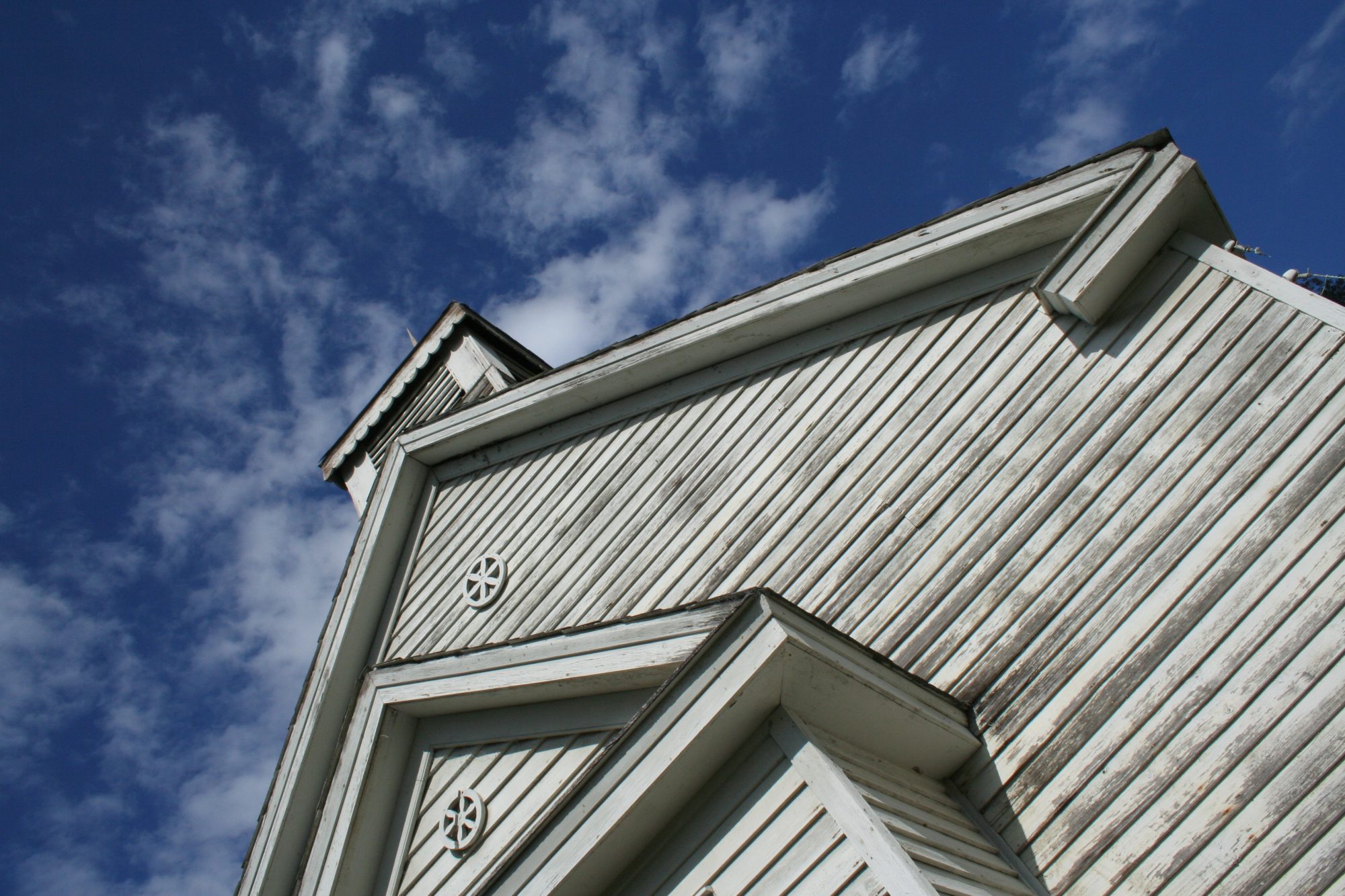Last month I shared about the pain that Mother’s Day often brings, especially within the church. How so often churches will often ask the mothers to stand, leaving the rest of us feeling a little bit empty. (I’m happy to report that last month, my pastor asked ALL women to stand, acknowledging that we’ve all be mothers in some way. I shed a few happy tears over that.)
I wonder if there is a similar pain involved with Father’s Day. Do men that aren’t *technically* fathers dread the “Will all the fathers please stand?” moment of the service? Do they walk out feeling empty and sad that the time they’ve spent mentoring or being an uncle or babysitting “doesn’t count?”
There’s a more common theme I see within the church involving Father’s Day, and it’s different from the pain of Mother’s Day. When Mother’s Day rolls around, the church praises the moms for all their hard work. They honor them. When Father’s Day comes, it seems that many churches tell the men that they’re not trying hard enough, that they’re failing their family somehow.
A commenter said that one of his friends doesn’t go to church on Father’s Day for that basic reason. That he was tired of being told, “You men are not taking care of your kids and that’s why society is falling apart.”
This is sad. Many men that I know work so hard and sacrifice so much for their families, for their children. Who are we to tell them that they aren’t trying hard enough, that they need to do more?
I’d like to ask the men, what are your experiences with church and Father’s Day? I pray that many of you were honored and thanked for all you do, not just by your family but by your church as well.


I have felt that a few times in the past. It’s like the preacher takes the opportunity to beat up on us, when the guys he’s talking about aren’t there. Fortunately that didn’t happen in my new church yesterday.
This year my church recognized all the men on Father’s day. The pastor said they were all being recognized as even if they are not a father, they still have influence on those around them (or something close to that).